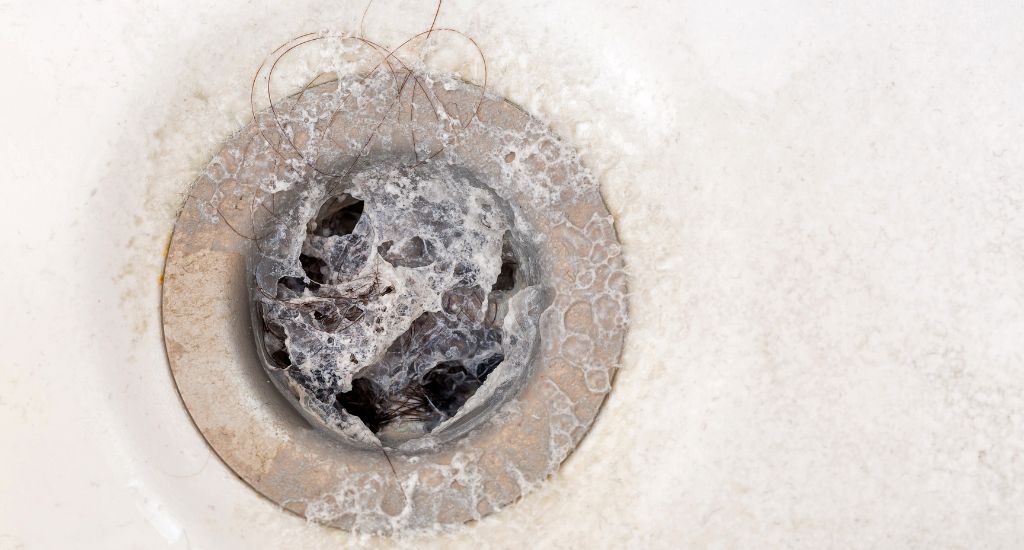Experiencing low water pressure in your home can be more than just an inconvenience; it can signal underlying plumbing problems that may need immediate attention. Understanding the potential culprits is essential before you can solve the puzzle of plummeting pressure.
Let’s look at four possible causes of low water pressure in your house and what you can do to fix them.
Clogged Pipes
One of the most common reasons for low water pressure is clogged pipes. Over time, mineral deposits, debris, and sediment can build up inside the pipes and restrict water flow. This buildup can occur at any point in the plumbing system and may require professional assistance to remove it properly.
Investing in regular plumbing maintenance is essential to prevent clogs, as is being mindful of what goes down your drains. Knowing the items you should never put down the drain can go a long way in preventing blockages and maintaining proper water pressure.
Faulty Pressure Regulator
The pressure regulator is a valve that controls water flow into your home. If this valve fails, it can result in low water pressure throughout the house. You may also experience fluctuations in pressure, with bursts of high pressure with sudden drops following shortly after.
To determine if a faulty pressure regulator is causing your low water pressure, you can perform a simple test using a pressure gauge. If the reading is below 40 psi (pounds per square inch), it may be time to replace the pressure regulator. Hiring a professional plumber for this task is best, as it requires specialized tools and knowledge.
Leaking Pipes
Another common cause of low water pressure is leaking pipes. Even small leaks can significantly reduce water flow and pressure, especially if hidden within walls or underground. If you notice a sudden drop in water pressure or see signs of water damage, such as dampness or mold, it’s crucial to have a plumber inspect your pipes.
Regularly checking for leaks and fixing them promptly can help maintain proper water pressure in your home. Additionally, upgrading to newer pipes consisting of materials like copper or PEX can reduce the risk of future leaks.
Municipal Water Issues
If you’ve ruled out clogged pipes, a faulty pressure regulator, and leaking pipes as potential causes of low water pressure, the issue may lie outside your home. Municipalities can experience problems with their water systems, such as mainline breaks or high demand from new developments.
In these cases, you can do little to fix the problem yourself. The best action is to contact your local water utility and report the issue. They will likely have a team dedicated to promptly fixing these types of problems.
Low water pressure in your house can come from various causes and is frustrating. Therefore, addressing the problem promptly is essential. Ignoring low water pressure can lead to more severe plumbing issues or even damage to your home. By understanding the potential causes and taking proactive measures, you can maintain the proper water pressure in your house and ensure a functioning plumbing system. Remember to invest in regular maintenance, be mindful of what goes down your drains, and seek professional help if needed.
